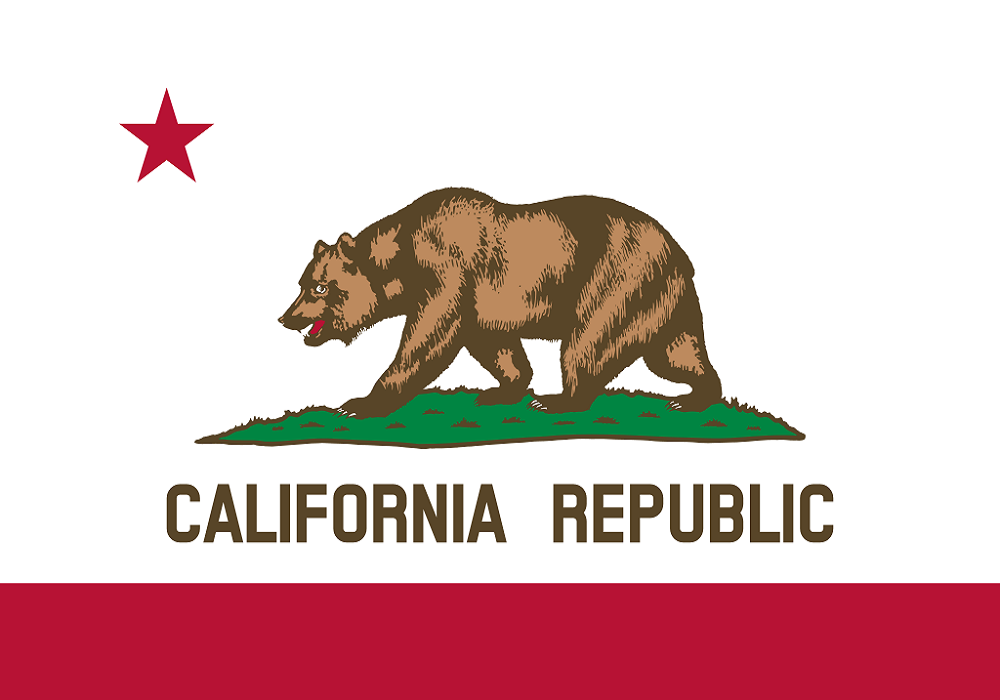To select a fair and impartial jury, the judge must conduct an initial examination of the prospective jurors orally, or by written questionnaire, or by both methods. The Juror Questionnaire for Criminal Cases (form MC-002) may be used. After completion of the initial examination, the court must permit counsel to conduct supplemental questioning as provided in Code of Civil Procedure section 223.
Cal. R. Ct. 4.201
Advisory Committee Comment
Although Code of Civil Procedure section 223 creates a preference for nonsequestered voir dire (People v. Roldan (2005) 35 Cal.4th 646, 691), a judge may conduct sequestered voir dire on questions concerning media reports of the case and on any other issue deemed advisable. (See, e.g., Cal. Stds. Jud. Admin., std. 4.30(a)(3).) To determine whether such issues are present, a judge may consider factors including the charges, the nature of the evidence that is anticipated to be presented, and any other relevant factors. To that end, a judge should always inform jurors of the possibility of sequestered voir dire if the voir dire is likely to elicit answers that the juror may believe are sensitive in nature. It should also be noted that when written questionnaires are used, jurors must be advised of the right to request a hearing in chambers on sensitive questions rather than answering them on the questionnaire. (Copley Press Inc. v. Superior Court (1991) 228 Cal.App.3d 77, 87.)
.

